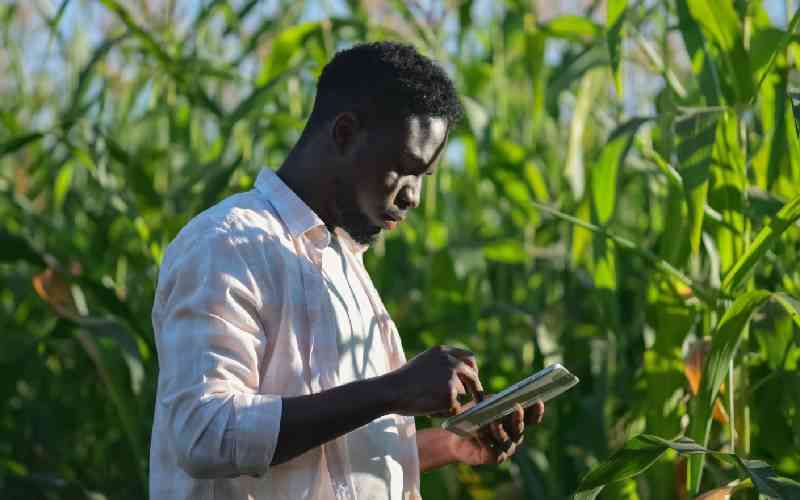×
The Standard e-Paper
Kenya's Bold Newspaper

Audio By Vocalize

A Kenyan agritech startup has developed an innovative farmer registration and profiling app aimed at agricultural data revolution across the country.
The app developed by Farmerce aims to leverage low cost data collection technologies, analytics and artificial intelligence to improve outcomes in the agricultural sector.

